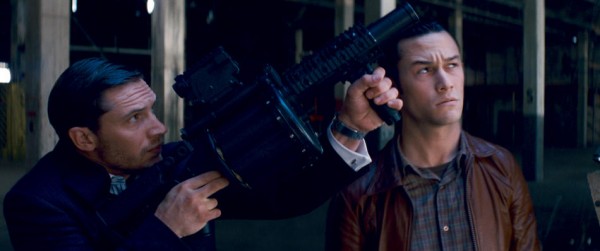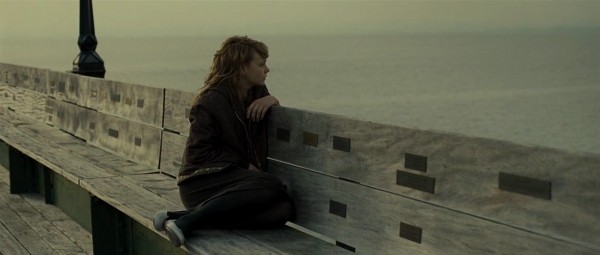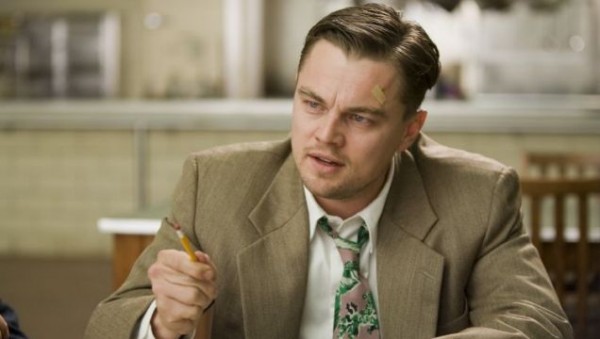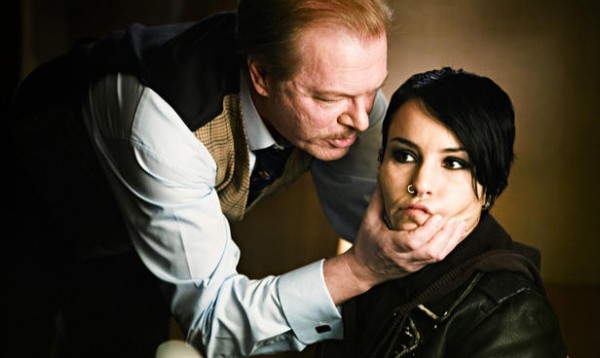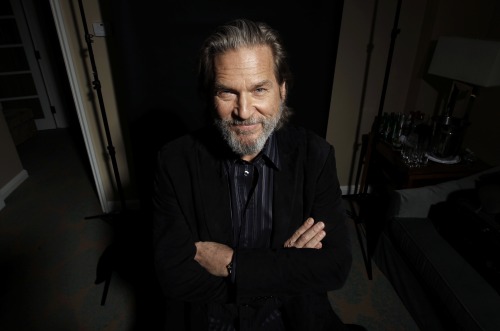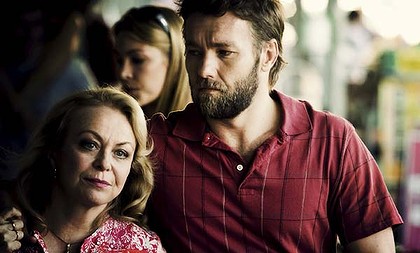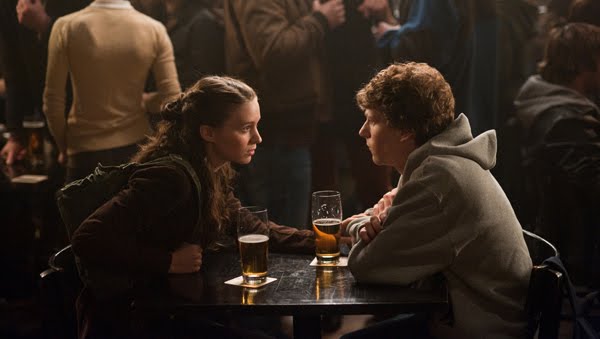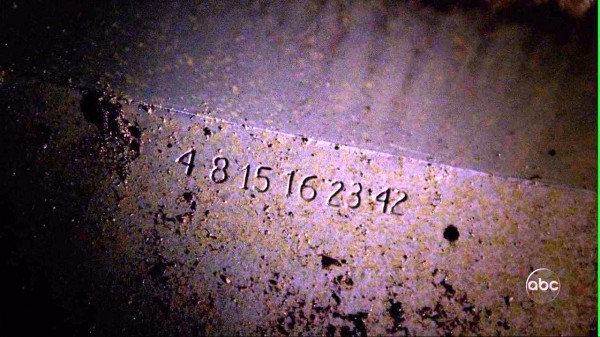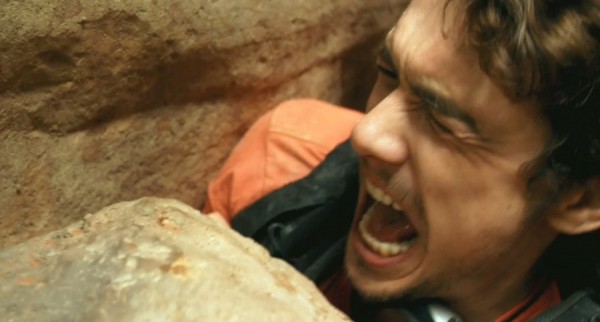Seems like everyone does a “Best of/Worst of” around this time of year. Those are fun, but often there is the sense that people are going with the crowd rather than giving you their own opinion. With that in mind, I wanted to do something different; add my own flare, if you will. Here is what I felt, in my own opinion, to be the three most fun and the three most disappointing aspects in entertainment of 2010.
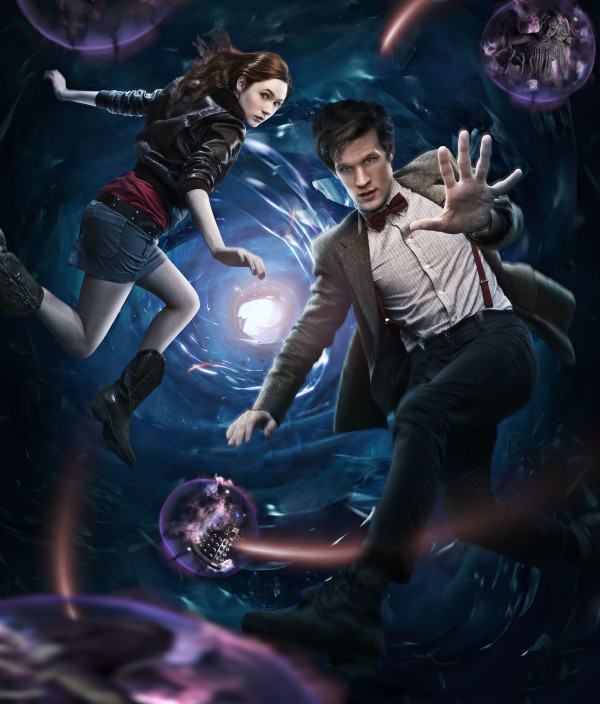
Most Fun Show: Doctor Who Series/Season 5
It’s not easy to live up to the precedent set by previous seasons/series of Doctor Who. Already going against it was the memorable 2-part finale The End of Time which saw the exit of head writer and front runner of the new series, Russell T. Davies and David Tennant as The Doctor . To say the show had a lot to live up to would be an understatement. Fans loved Tennant’s portrayal of the Tenth Doctor and to accept someone new as the Eleventh Doctor seemed like an uphill climb indeed.
Thankfully the fifth series/season accomplished so much in its short time that all of these worries were unfounded. Writer of many fan favorite episodes, Steven Moffat was named the new head writer. Playing the new companion was Scottish actress Karen Gillan. And stepping into the TARDIS and the shoes of the Eleventh Doctor was Matt Smith; a trinity that weathered a tough fan-storm and became the foundation for a fantastic series.
Moffat’s scripts were witty and well-told, maintaining a fairy-tale tone he set out to do since the first episode. Minus the “I’m the last of my race, I’m alone” pathos of the previous two Doctors, Matt Smith plays the Doctor as someone with a zest for life who loves a good mystery. Karen Gillan is outstanding as Amy Pond, a character who, unlike previous companions isn’t bogged down by love for the Doctor. Rather, she’s a woman who has waited fourteen years for her “imaginary friend” and is now learning patience has its virtues.
This could have been a disaster of a series considering what it had to live up to from last year, but rather than lowering the bar, they raised it to a different but fun level. Yes, pathos and tragic stories are engaging to watch, but sometimes you have to have fun, too. And that’s the best word I can use to summarize why, in my opinion, this was not only the best show of 2010 but also one of my favorite series/seasons of the show: fun.
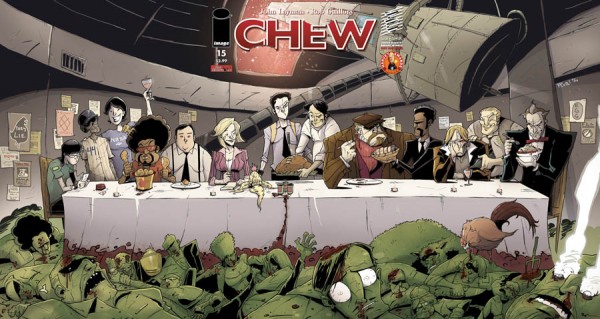
Most Fun Comic: Chew
I discovered Image Comics’ Chew early last year. I picked up the first trade, which was conveniently $10 and found a world where chicken was outlawed, the FDA is akin to the FBI, and a man named Tony Chu can see the history of any food he eats. Once they put him on murder cases, I was hooked.
John Layman and Rob Guillory have created a strange, funny and absolutely creative world. I remember the day after I finished the first trade, I rushed to the comic store to pick up any issues I was missing so I would be caught up. I remember being so excited because I had found a comic that managed to be both creative and funny as hell. In every issue I find something that always impresses me. Whether it’s a creative turn in the story like a chef who can only communicate through his cooking, or fun little side jokes like two cops sitting in a bar and the pictures on the wall are all photos from buddy-cop movies, to an assassin rooster named Poyo. Even during the so-called “down time” issues, you can tell these guys are having fun.
That’s the appeal of Chew. Its creators are very much fans of comics like we are, and they go the extra mile to entertain us. They still do letters pages at the end of the comic—a practice I haven’t seen in years—they showcase fan art and letters, and if a book is late, they’ll let you know and apologize in advance. It’s very accessible to the reader. Some people come for the art, some come for the writing, some come for the crazy plots and some come for fan interaction. Either way, you’re going to be happy. And judging from sales and the announcement of a TV show in the future, I can safely say Chew was the best comic series I’ve read throughout 2010
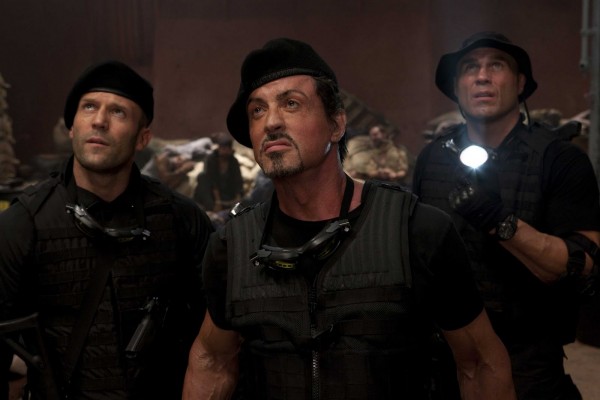
Most Fun Movie: The Expendables
In a year mired by superheroes, wizards, gritty westerns and sci-fi special effects films, you often get caught up in which movies you feel everyone else loves and go with public opinion. That could have easily been Inception, True Grit, Tron: Legacy or Scott Pilgrim Vs The World, but when I think back to what movie I enjoyed the most this year, it boils down to The Expendables.
Growing up in the 80’s and 90’s, I was bombarded with action movies. Stallone, Schwarzenegger, Willis, you name them and I saw them. When I heard there would be an action movie written and directed by Stallone but also starred a plethora of action movie stars from A-List to D-List, I was skeptical. Man, am I glad I was wrong!
The movie centers on a group of mercenaries set up to taken down a dictator in the country of Villena. It’s your standard action movie formula, but why does this work over similar films such as The A-Team, The Losers and RED? It’s all in the fact that it wasn’t played tongue-in-cheek. While it’s not common to say this for an action movie, it was played very straight. This movie wasn’t about parody or pastiche. This isn’t a movie that constantly winks to the audience and revels in how meta it’s being.
To me, it’s the best movie of the year because it does what it sets out to do and tells a simple story: good guys fight bad guys, shots are fired, shit gets blown up and somewhere along the line Stallone’s character earns his soul. I had a great time watching this movie with my buddies and talked about it for weeks. When the DVD came out, I had to own it. It may not be oscar-worthy or have nerd-cred, but at the end of the day I loved the hell out of this movie.
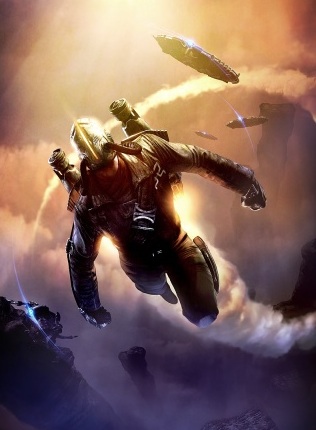
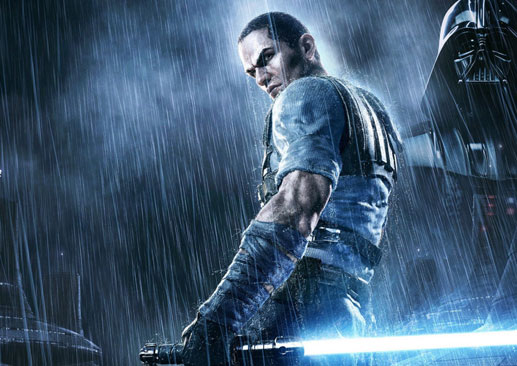
Disappointing Game: (Tie) Dark Void / Star Wars: The Force Unleashed II
It’s hard to narrow down just which game I was disappointed by this year. There weren’t too many I could say were the worst ever, as I don’t play a lot of games, but two I was really looking forward to utterly fell flat on their faces. One fell down to execution and one for length.
Dark Void was a game that hit all the right spots when I saw it advertised: a game that takes you to the Bermuda Triangle where inter-dimensional alien robots in flying saucer-like ships try to come into our world and only a rogue pilot with a jet pack can stop them. Sounds like a fun premise, right? Yeah, well too bad Dark Void loses a lot of that fun with its annoying quick pace and down right boring story. What makes the game disappointing is the fact it feels rushed. When text between loading sessions has to explain key plot points, that’s when you know you have a problem. The game play is all right but controls are sometimes stiffer than an old man on Viagra and you find yourself feeling as though several key scenes were cut for time. There were some solid ideas for a great adventure but in its stead we got a generic video game.
Star Wars: The Force Unleashed II has a similar, yet different problem. I loved playing as Starkiller, Darth Vader’s secret apprentice in the first game. With the sequel, and the small setback that Starkiller seemingly died at the end of the first game, expectations were high. We were treated to a story of a clone of Starkiller as he tried to break free of Vader’s control and find his love Juno Eclipse. An engaging story that had me wondering if this so-called clone was actually Starkiller under Vader’s control. So, what made this disappointing, exactly? The length! Folks, just when the game is getting good, just when it’s hitting it’s zenith of intrigue…the game ends! Not only does it end, but it has the balls to leave questions hanging: Are you a clone or are you actually Starkiller? With Vader captured, how does he escape? Will Boba Fett find Starkiller? Normally, I don’t mind leaving things open for another game, but this felt like you got half of a whole story. The game cost $60 and much like everyone else who bought it, we were disappointed to see it end at the point that it did. It felt like everything that preceded whichever ending you chose (Light Side or Dark Side) meant nothing. You went on a journey and halfway through it just stops. All that for nothing.
It’s not a hard thing to please me when it comes to video games, but looking forward to these games this past year and realizing they weren’t living up to their potential makes them a tie for the most disappointing game of 2010.
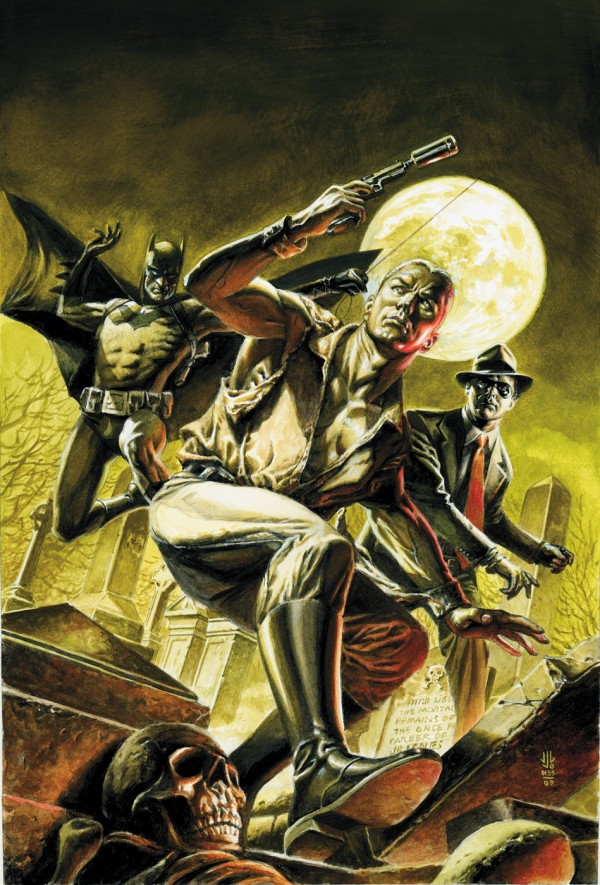
Dissapointing Comic: DC’s First Wave Line
Oh, DC. You started off with a solid concept: A line of comics putting popular pulp characters from the 30’s and 40’s with early incarnations of DC Comics characters? Waitress, give me some coffee to go with this slice of heaven! This was right up my alley as I’m a fan of heroes from that era, especially the ones they were going to use ; Doc Savage and his amazing five, The Avenger, Rima the Jungle Girl and even The Spirit. DC was going to make me very happy! Sadly, that was not the case. It began with the world shatteringly “Meh” one-shot Batman/Doc Savage, which felt like a dull teaser of what was to come. And while three titles were to spin out of that one-shot (First Wave, The Spirit and Doc Savage) you know what it resulted in? Very little! It’s taken about a year to get 5 issues of First Wave out, Doc Savage is unreadable (with an honorable mention to the just-okay Avenger Co-Feature) and while I love The Spirit, the black and white back-ups are annoying.
What’s most tragic is the fact people were actually excited about First Wave # 1. It got a lot of buzz and gave me hope that a concept like this could work. Sadly, the six issue mini-series was constantly off-schedule. As I said, it’s been almost a year and we’re just now getting to issue # 5. You’re probably wondering why it’s such a big deal when they have two other books in the line to keep it afloat while First Wave tries to get back on schedule. Here’s the thing…FIRST WAVE IS THE MAIN STORY! You can’t expect people to gain or maintain interest in a story when you don’t release it on time. While Doc Savage and The Spirit have kept their schedules, their books aren’t the main story; their satellite books to showcase the characters that are in First Wave. It’s like having a those annoying direct to DVD mini-movies that come with movies like Shrek and Despicable Me constantly thrown at you because the makers of the main movie couldn’t finish the feature on time; sure, they’re nice and all, but they’re ancillary to the major story. This line had so much potential to be good, but because the publishers couldn’t get the main title out on time, you have to ask one important question: why should I care when you obviously don’t?
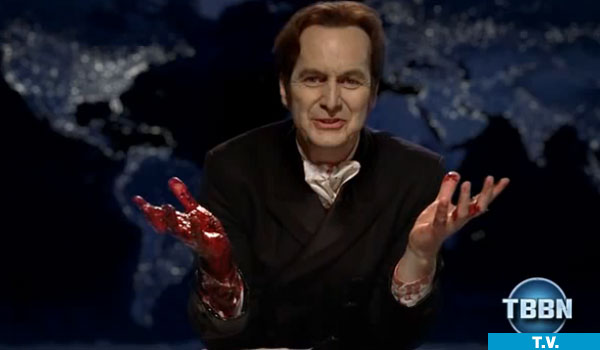
Dissapointing Show: True Blood Season 3
Yeah, that’s right, I watch True Blood! I started last December and absorbed the first two seasons. It’s not a bad show. It takes all the trappings of Twilight and adds a nice horror element to boot. I was all caught up and ready for the third season. And yeah, you wanna talk about a case of “The bad outweighs the good.” …look no further than season three of True Blood!
The biggest problem with this season was too many stories going on at once. We had the forced and boring love triangle between Bill, Sookie and Eric. We had Hillbilly Werewolves. Jason Stackhouse wanted to be a cop and fell in love with a Werepanther. Sam finds an annoying half-brother. Tara, still getting over her grief of losing a man she knew for like a week ends up being the unwilling hostage to a psychotic vampire who just wants to be loved. And so on with these characters. All this and we were introduced to two words fans wished they’d never hear again…Hippy Fairy! Yep, our main character, Sookie is a descendant of a race of Fairies. Yes, folks, it’s HBO!
The sad thing is, there was one great thing about True Blood this season, and that was Denis O’Hare as Russell Edgington, the Vampire King of Louisiana. At first, you think he’s just some silly camp-villain, but once someone he loves is murdered…you do NOT want to mess with him. And if anyone saw the ending to the ninth episode will tell you, this is a man who is not to be provoked. But, even an interesting character such as he could not save the show from dull storylines and improbable decisions made by characters…and yes I’m well aware I just used the word “Improbable” when referring to a show about vampires, werewolves and hippy fairies.
It’s disappointing because there were chances to do something really special this season: there was a chance to do something about the Vampire hierarchy. There were chances to do more with the werewolves. There were some great flashbacks involving the character of Eric. All of this potential was washed away with dull character sub-plots and the need to force drama where there was none. This is the folly of True Blood.
And that, in a nutshell are what I consider to be the most fun and most disappointing bits of entertainment of 2010. Here’s hoping the next year will lift you up more than it will knock you down!
- Jose

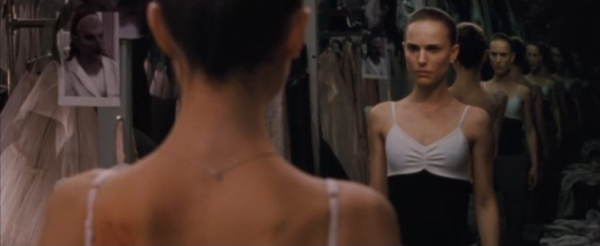
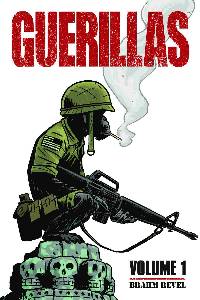

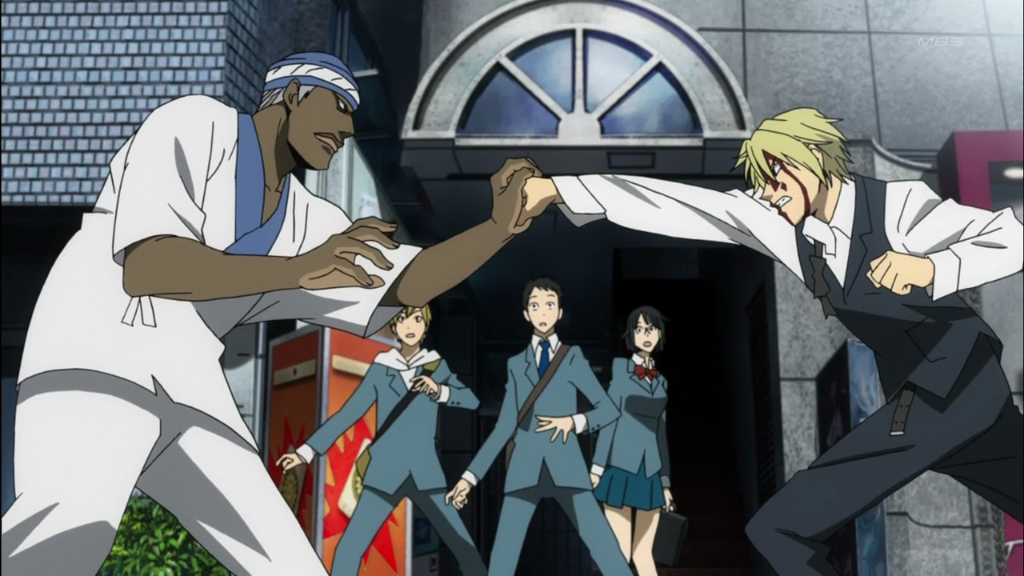

 On the upside, Durarara juggles the drama and humor very well once it gets the ball rolling. The different plotlines stem from reality-based problems such as gangs and teenage love while splicing in supernatural forces from Japanese and Celtic mythology, and like any youth-based story, there are plenty of laughs and light-hearted moments. These are nice touches that never seem overbearing to the series as the story, deep down, is about the characters and their progression through a less-than-ordinary life. As for the animation, it’s slick and vibrant in its use of colors. It may not be like Akira or other anime where every crack or shadow is detailed to convey a sense of realism, but the artwork is stunning to look at most of the time and captures the feel of the city and its inhabitants.
On the upside, Durarara juggles the drama and humor very well once it gets the ball rolling. The different plotlines stem from reality-based problems such as gangs and teenage love while splicing in supernatural forces from Japanese and Celtic mythology, and like any youth-based story, there are plenty of laughs and light-hearted moments. These are nice touches that never seem overbearing to the series as the story, deep down, is about the characters and their progression through a less-than-ordinary life. As for the animation, it’s slick and vibrant in its use of colors. It may not be like Akira or other anime where every crack or shadow is detailed to convey a sense of realism, but the artwork is stunning to look at most of the time and captures the feel of the city and its inhabitants.
